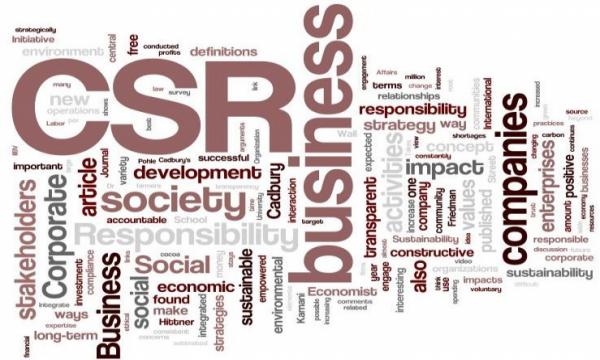Overwhelmed consumers are looking to outsource their consciences to the companies they buy from. But it requires a deeper kind of trust.
I’ve never really been a fan of Walmart. I lack the direct experience with the world’s largest retailer to fairly say I don’t like it, but still—a company that has both a taste for hegemony and a reputation (fair or not) for driving profit out of supply chains is something any marketer should be wary of.
Walmart is big enough to make the rules for a lot of us. We can admire that, but it’s an uncomfortable feeling (or should be). Even those consumers trundling home in their bargain-stuffed minivans must know, on some level, that all those saved pennies might come at a cost, though Walmart’s results suggest such worries aren’t keeping them up at night.But the midnight oil has been burning in Walmart’s hometown of Bentonville, Ark., or so it seemed in November, when the company’s CEO, Doug McMillon, announced a startlingly ambitious “road map that will guide the company’s role in society.” With the scope and reach of a political platform, the company publicly declared goals for itself on practically every major social issue it touches, from local sourcing and carbon emissions to ethical recruiting and the treatment of workers in its suppliers’ factories.
The social good of all this work justifies itself, if the company pulls it off. But for marketers, this was the money line: Walmart wants to succeed “not just by delivering affordable goods…but [also] with trust-building transparency and actions.”
Note the absence of the standard “giving back” rhetoric. This is about being competitive. When a company so dominant draws such a crucial connection between trust and viability, the rest of us ought to pay attention. Much of marketing in recent years has been conducted behind the convenient assumption that the consumer was self-interested, ruthlessly pragmatic and empowered by technology.
We imagined that as long as we gave people the best product and the best deal, and were the cleverest about getting our message to them, the marketplace would be its own conscience. But when a company like Walmart takes a public stance this big, you have to believe that assumption, if it were ever true, isn’t anymore.
For marketers, the key to making any sense of this lies in understanding what the word “trust” really means today. The way it’s generally employed in social and political discourse, you’d be forgiven for thinking trust is all about credibility and honesty; there’s no question those things ought to be table stakes for doing business, now or ever. But increasingly, trust is providing consumers a functional benefit that we’ve never seen before:
It allows people to use brands as surrogates for their own values. Now, trusting a company doesn’t just mean you believe it will never lie to you; it also means you think it believes what you believe and will do what you would do if you could.
We should have seen this coming. Pundits have asserted for years that consumers are becoming ever more moralistic in their attitudes toward the things they buy. Though it’s still rarely in evidence at the cash register, most consumers today at least claim to want their purchase decisions to be principled—to not just get the most for their money but to do the least harm to themselves and the world in the process. The problem is that desire has translated into an almost unbearable chore in their already complicated, information-saturated lives, and nobody tolerates cognitive dissonance for long.
So, in the brilliant way free markets have of dealing with these things, shoppers are simply uploading their consciences to the companies they buy from.
Consumers themselves will vigorously deny such foolishness, of course, but don’t believe it. After all, they’ve always insisted advertising doesn’t work, either. Promising to do the worrying on your customers’ behalf might just become a new competitive edge, and Walmart thinks being an aggressive early adopter will extend its retail dominance.
That means principles are no longer fripperies that only organic granola or natural shampoo companies bother with. It might even mean that, at last, doing good really is the way to do well.
This article was taken from here.

